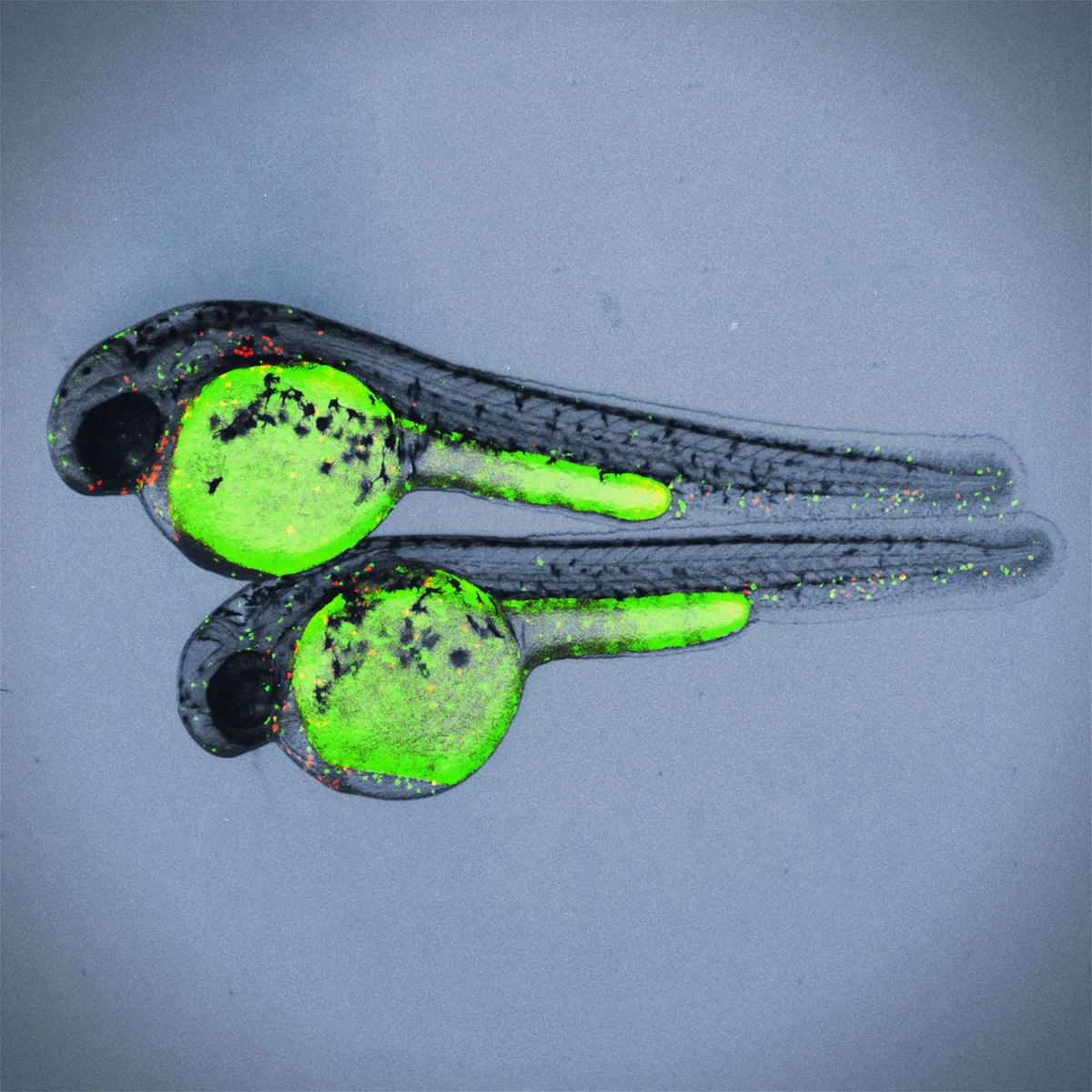
Quantitative Methods for Biology 
This course provides an introduction to MATLAB for biologists, health workers, medical students, and programmers. It covers quantitative methods for biology, and provides a comprehensive overview of the medical field. It is suitable for beginners, and provides a great foundation for further study. ▼
ADVERTISEMENT
Course Feature
![]() Cost:
Cost:
Free
![]() Provider:
Provider:
Edx
![]() Certificate:
Certificate:
Paid Certification
![]() Language:
Language:
English
![]() Start Date:
Start Date:
Self paced
Course Overview
❗The content presented here is sourced directly from Edx platform. For comprehensive course details, including enrollment information, simply click on the 'Go to class' link on our website.
Updated in [March 06th, 2023]
Quantitative Methods for Biology is a course designed for biologists, health workers, medical students, and programmers who want to learn how to program or gain a better understanding of the medical field. This course provides an introduction to MATLAB and takes a unique approach, allowing learners to study alongside other students who are also learning to code. Expert programmers will be able to learn the MATLAB they need without getting slowed down by introductory concepts. All learners will have access to MATLAB Online, which they can use during the course free of charge. Assignments have been simplified and streamlined to ensure greater browser compatibility.
[Applications]
Those who have completed the Quantitative Methods for Biology course can apply their knowledge to a variety of fields, such as medical research, health care, and data analysis. They can use MATLAB to create models, analyze data, and visualize results. Additionally, they can use MATLAB Online to collaborate with other learners and access resources.
[Career Paths]
1. Data Scientist: Data Scientists use quantitative methods to analyze large datasets and uncover patterns and trends. They use their findings to inform decisions and develop strategies. Data Scientists are in high demand in the medical field, as they can help to identify and predict health outcomes. As the amount of data available to medical professionals continues to grow, the need for Data Scientists will only increase.
2. Bioinformatics Analyst: Bioinformatics Analysts use quantitative methods to analyze biological data. They use their findings to develop new treatments and therapies, as well as to improve existing ones. Bioinformatics Analysts are in high demand in the medical field, as they can help to identify and predict health outcomes. As the amount of data available to medical professionals continues to grow, the need for Bioinformatics Analysts will only increase.
3. Clinical Research Associate: Clinical Research Associates use quantitative methods to design and conduct clinical trials. They use their findings to inform decisions and develop strategies. Clinical Research Associates are in high demand in the medical field, as they can help to identify and predict health outcomes. As the amount of data available to medical professionals continues to grow, the need for Clinical Research Associates will only increase.
4. Medical Software Developer: Medical Software Developers use quantitative methods to develop software applications for the medical field. They use their findings to inform decisions and develop strategies. Medical Software Developers are in high demand in the medical field, as they can help to identify and predict health outcomes. As the amount of data available to medical professionals continues to grow, the need for Medical Software Developers will only increase.
[Education Paths]
1. Bachelor of Science in Quantitative Biology: This degree program focuses on the application of quantitative methods to the study of biology. Students will learn how to use mathematical and statistical models to analyze biological data and develop new insights into biological processes. They will also gain an understanding of the principles of genetics, evolution, and ecology. This degree program is ideal for those who want to pursue a career in the field of quantitative biology.
2. Master of Science in Quantitative Biology: This degree program is designed for those who want to specialize in the application of quantitative methods to the study of biology. Students will learn how to use mathematical and statistical models to analyze biological data and develop new insights into biological processes. They will also gain an understanding of the principles of genetics, evolution, and ecology. This degree program is ideal for those who want to pursue a career in the field of quantitative biology.
3. Doctor of Philosophy in Quantitative Biology: This degree program is designed for those who want to specialize in the application of quantitative methods to the study of biology. Students will learn how to use mathematical and statistical models to analyze biological data and develop new insights into biological processes. They will also gain an understanding of the principles of genetics, evolution, and ecology. This degree program is ideal for those who want to pursue a career in the field of quantitative biology and research.
4. Master of Science in Bioinformatics: This degree program focuses on the application of computational methods to the study of biology. Students will learn how to use computer algorithms and software to analyze biological data and develop new insights into biological processes. They will also gain an understanding of the principles of genetics, evolution, and ecology. This degree program is ideal for those who want to pursue a career in the field of bioinformatics.
Course Provider

Provider Edx's Stats at AZClass
Quantitative Methods for Biology introduces MATLAB to biologists, health workers, medical students, and programmers. It covers quantitative methods in biology and provides a comprehensive overview of the medical field. For starters, the bioquantitative approach takes a unique approach that gives you an inside look at the course and its learners. You'll learn alongside students who are also learning to code. For professional programmers, this course will help you learn the MATLAB you need without being slowed down by introductory concepts you already know. Whether you're already familiar with Python, Javascript, R, or another language, we'll help you translate that knowledge into MATLAB.
Discussion and Reviews
0.0 (Based on 0 reviews)
Explore Similar Online Courses

Construction Scheduling

Learn Inkscape : Design Logos and Game Arts

Python for Informatics: Exploring Information

Social Network Analysis

Introduction to Systematic Review and Meta-Analysis

The Analytics Edge

DCO042 - Python For Informatics

Causal Diagrams: Draw Your Assumptions Before Your Conclusions

Whole genome sequencing of bacterial genomes - tools and applications

Chemical Biology

Immunology Lecture 17 Complement System


Start your review of Quantitative Methods for Biology